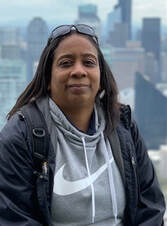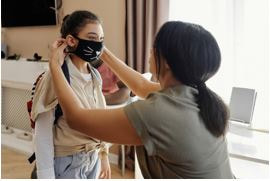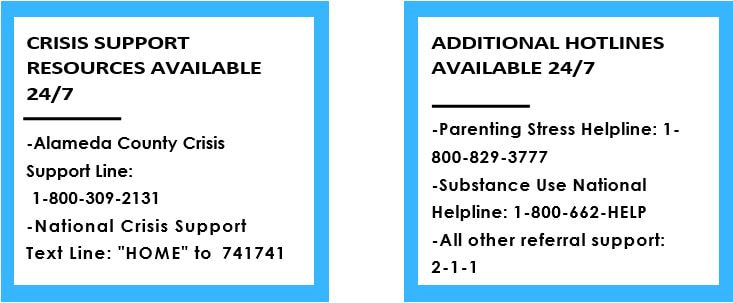| Name: Stacey Buenavista Position: Assistant Director, MAC SELPA Program What led you to your current position? During my career at Seneca, I’ve held many different positions: Mental Health Counselor, Milieu Supervisor and Crisis Intervention Specialist. I enjoyed those roles because I was able to directly support the students in achieving their goals. I love being on the public school’s campuses supporting the students during their elementary, middle, and high school years. I was hesitant to apply for the Assistant Director position because I felt like the job would take me out of the classroom and away from the students. Luckily, I had a great support system within Seneca, and I had many conversations with my team about how I could still support the kids while being an Assistant Director. Three years into being an Assistant Director, I love my job and I still get to see the kids on a daily basis. |
What is a recent highlight you’ve experienced in the work or an important lesson you’ve learned in this role? The most recent highlight has been seeing and hearing about students I worked with in elementary and middle succeeding in high school. One student is on the High School football team, and another is on track to graduate at the end of the school year.
Share your life motto or something unique about yourself: “When you learn, teach. When you get, give” – Maya Angelou

















 RSS Feed
RSS Feed